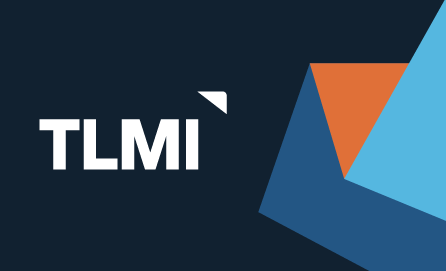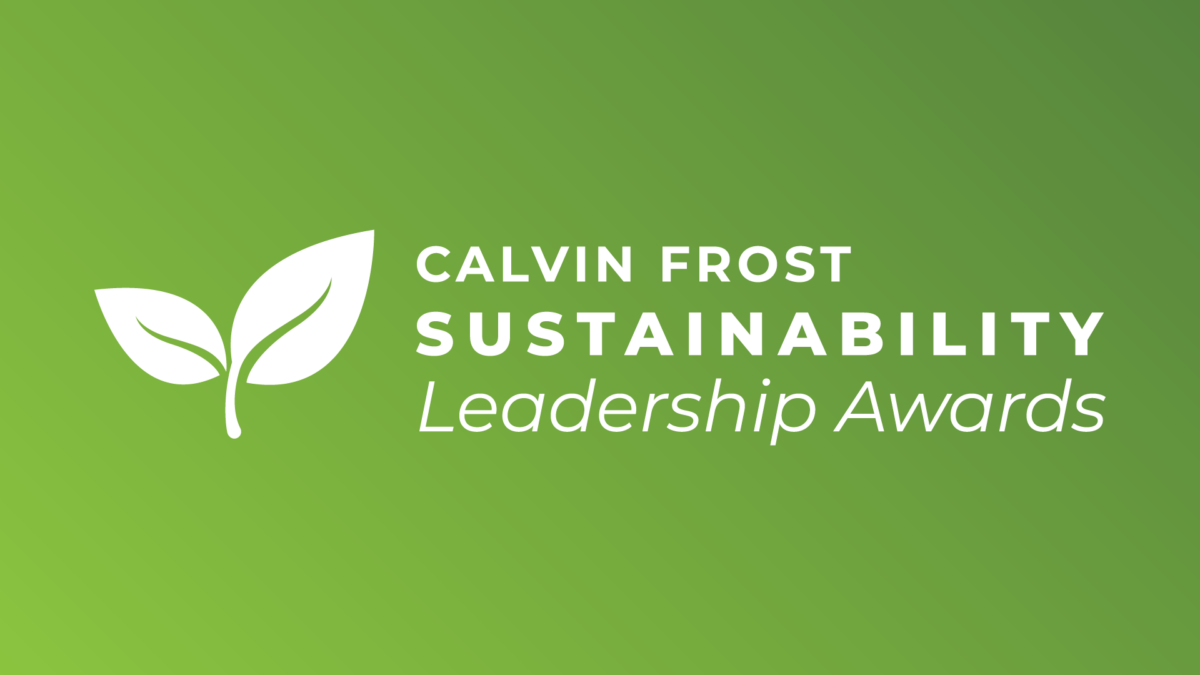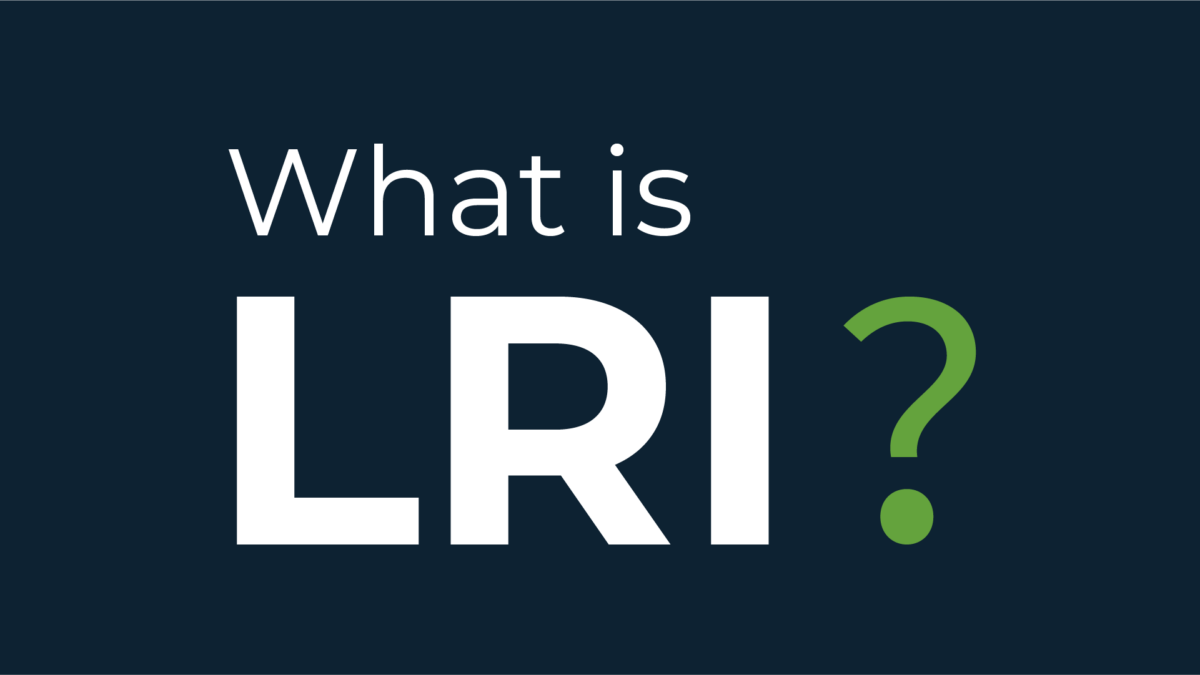4evergreen Alliance: Advancing Circularity in Fiber-Based Packaging
The 4evergreen alliance is a cross-industry initiative uniting over 100 members representing every fiber-based packaging value chain stage—from forest managers to packaging producers, designers, brand owners, researchers, and recyclers. Their shared objective is to contribute to a climate-neutral society by enhancing the circularity and sustainability of fiber-based packaging. The alliance has set an ambitious goal: to achieve a 90% recycling rate for fiber-based packaging by 2030.
Fiber-Based Packaging in Context
Fiber-based packaging—including paper cups, cartons, and corrugated boxes—currently represents approximately 38% of all packaging on the European market (Material Economics, 2020). As demand for sustainable alternatives grows, the variety and complexity of fiber-based packaging formats continue to increase. While many of these are inherently recyclable, others—particularly those used in household, out-of-home, and on-the-go consumption, present specific challenges for collection, sorting, and recycling.
One example is the paper release liner, which TLMI’s Liner Recycling Initiative is actively focused on. Although liner is made from fiber, the silicone, and other coatings, hinder its compatibility with brown fiber recycling streams (e.g., cardboard and paperboard). These technical barriers highlight the need for improved design, infrastructure, and processing technologies—areas in which 4evergreen is actively investing its expertise.
Driving Innovation and Setting Industry Standards
4evergreen is committed to accelerating the development of new technologies and industry practices to support higher recycling performance. The alliance’s approach is guided by a set of four key targets to be achieved by 2025, serving as critical milestones on the path to reaching 90% recycling by 2030:
- Adoption of Standardized Protocols
The fiber-based packaging industry adopts and applies 4evergreen’s Recyclability Evaluation Protocol and Circularity by Design guidelines to improve product recyclability at the design stage. - Availability of Separate Collection Streams
Infrastructure is established to ensure the separate collection of all fiber-based packaging types, focusing on formats currently underperforming in recycling systems, especially those used in convenience and food service applications. - Sorting According to EN643 Standard
All paper intended for recycling is sorted based on the EN643 standard, which classifies paper and board grades to optimize their value and recyclability within the supply chain. - 100% Recycling of Collected Packaging
Every unit of collected fiber-based packaging is processed and recycled, ensuring materials are retained in the value chain and reducing dependency on virgin resources.
Building a Truly Circular Future
The 4evergreen alliance exemplifies the collaborative effort needed to realize a sustainable and circular packaging industry. By aligning stakeholders across sectors, developing practical tools, and tackling the technical and systemic challenges of fiber-based recycling, 4evergreen is laying the foundation for an efficient, scalable circular economy.
As the industry evolves, so too must its infrastructure and practices. By addressing critical issues, such as the incompatibility of certain packaging types like paper release liners with existing recycling streams, 4evergreen ensures that innovation and environmental responsibility go hand in hand.
Through its work, the alliance demonstrates that with collective action and shared responsibility, fiber-based packaging can be a model of circularity—and a cornerstone of a more sustainable future.



